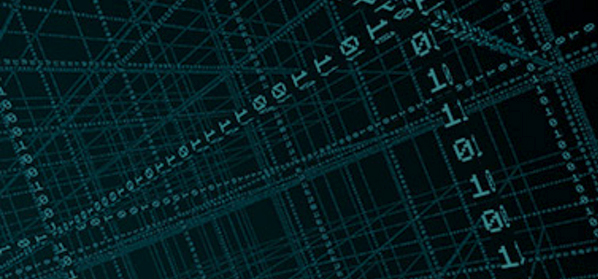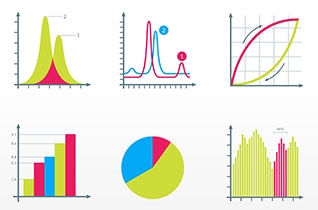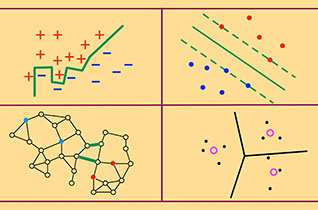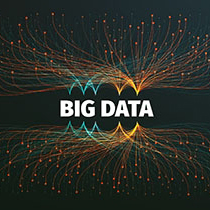-

This course, part of the Data Science MicroMasters program, will introduce you to a collection of powerful, open-source, tools needed to analyze data and to conduct data science. Specifically, you’ll learn how to use: python, jupyter notebooks, pandas, numpy, matplotlib, git and many other tools.
-

Statistics and Probability in Data Science Using Python
In this course, part of the Data Science MicroMasters program, you will learn the foundations of probability and statistics. You will learn both the mathematical theory, and get a hands-on experience of applying this theory to actual data using Jupyter notebooks. Concepts covered included: random variables, dependence, correlation, regression, PCA, entropy and MDL.
-

Machine Learning for Data Science
This course provides an overview of machine learning techniques to explore, analyze, and leverage data. You will be introduced to tools and algorithms you can use to create machine learning models that learn from data, and to scale those models up to big data problems.
-

Big Data Analytics Using Spark
In this course, part of the Data Science MicroMasters program, you will learn what the bottlenecks are in massive parallel computation and how to use Spark to minimize these bottlenecks. You will learn how to perform supervised an unsupervised machine learning on massive datasets using the Machine Learning Library (MLlib).
Data Science
In this MicroMasters program, you will develop a well-rounded understanding of the mathematical and computational tools that form the basis of data science and how to use those tools to make data-driven business recommendations.